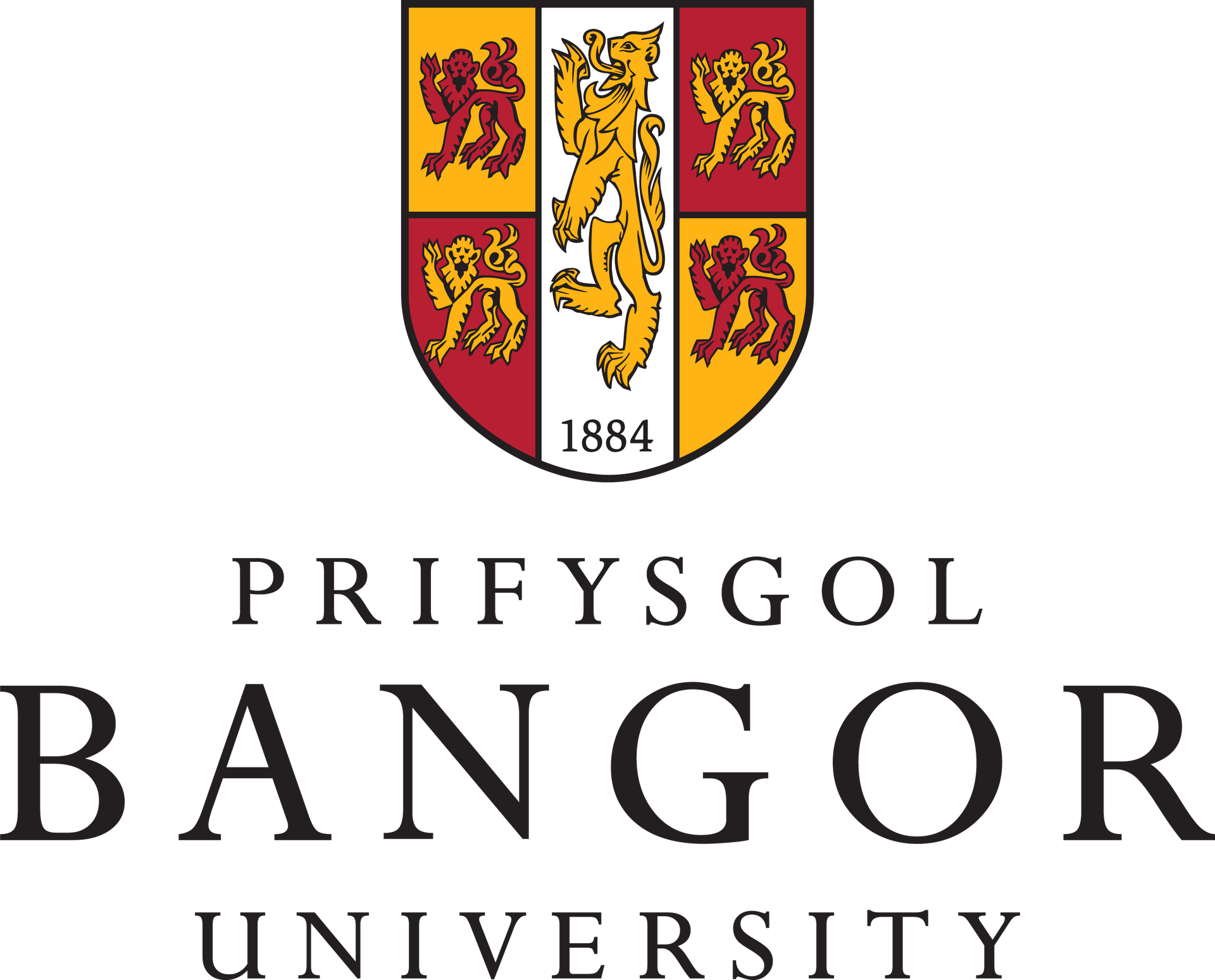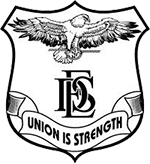Image by Oscar Boissière from the art installation titled
“Is it true? The Post-truth Archive Factory” by artist Marion Carré
Research Projects
Exploring how the human mind and brain make sense of art and each other.
Research Programme
Our research programme focuses on understanding two fundamental questions about what makes us human:
- How do our minds and brains make sense of art?
- How do we interact with each other in the social world?
And while doing so, we aim to make our science as open, inclusive, diverse, and accessible as possible.
Across numerous small- and large-scale projects, we are trying to better understand art and aesthetic engagement and social cognition, and its impact on society and individual well-being.
To do this, we use a range of different methods including fMRI, EEG, eye-tracking, behavioural experiments, primary and secondary data analyses, and qualitative data analyses.
Ongoing Projects
Most of our projects fall into one of the following categories:
-
What are the cognitive and neural mechanisms underlying our ability to copy each other?
You can watch a video explaining the brain mechanisms of automatic imitation.
-
How does context and culture influence our perception of art?
Read our latest paper on contextual effects on aesthetic engagement.
-
How do we socially interact in the age of robots and artificial intelligence?
Read our latest paper on how texts generated by artificial intelligence are valued (or not) and may be used as a potential tool for spreading misinformation.
-
How is art being redefined by artificial intelligence and machines?
Read our latest paper on how dance choreographies created by a computer are perceived and appreciated by the audience.
-
How do art interventions and art therapy practices impact neural mechanisms and social cognition?
Read our latest paper on how connectivity in the brain is impacted by art therapy in military veterans.
-
What is the current state of open science practices in the Global South?
Read the collaborative report from the Society for the Improvement of Psychological Science’s Global Engagement Task Force.
-
What are feminist ways of doing science? How do feminism and open scholarship intersect?
Read our collaborative paper on navigating open science as early career feminist researchers.
-
How do adverse childhood experiences affect cognitive and social development?
Book chapter(s) available on request. Please contact us.
Alternatively, you can buy one of the books in which the chapter is published on Amazon.
Who we work with



Interested in collaborating?
If you would like to know more, intern or work with us, or collaborate on any of our projects or related research, please get in touch!

